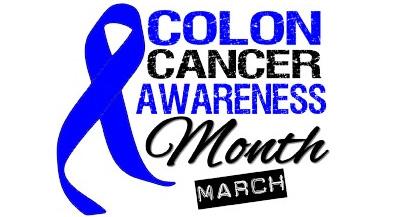- PHYSICIANS
- Rini Abraham, MD, PharmD
- Aakash Aggarwal, MD
- Kamal M. Amer, MD
- Oren E. Bernheim, MD
- Robert Bleicher, MD
- Andrew S. Boxer, MD
- Peter Caride, MD
- Neetu H. Chahil, MD
- Bonnie Cheng, MD
- Natasha Chhabra, MD
- Aditi Chhada, MD
- Elliot S. Coburn, MD
- Steven David, MD
- Zahava Farkas, DO
- David M. Felig, MD
- Steven D. Gronowitz, MD, FACG
- Fahad M. Khan, MD
- Natan Krohn, MD
- Donald H. Kutner, DO
- Matthew A. Kutner, DO
- Steven Leibowitz, MD
- Richard Lin, MD
- Rangas Lokchander, MD
- Michael M. Mainero, MD
- Neil Nagaria, MD
- George Nikias, MD
- Joo Hye 'Grace' Park, MD
- George N. Pavlou, MD
- Haleh Pazwash, MD, FACG
- Alexander Perelman, DO
- David M. Pinn, MD
- Giulio Quarta, MD
- Ori A. Rackovsky, MD
- Ravishankar ‘Ravi’ Ramamoorthy MD
- Parthiv V. Raval, MD
- Eric Rosendorf, MD
- Joseph M. Roth, MD
- Frank Ruiz, MD
- Joseph G. Shami, MD
- Tarun K. Sharma, MD
- Smrita Sinha, MD
- John Sotiriadis, MD, PhD, AGAF, FACG
- Jonathon Stillman, MD
- Jose Ramon E. Suatengco, MD
- Mark E. Tanchel, MD
- Ariy Volfson, MD
- Joseph Zangara, MD
- Kenneth G. Zierer, MD
- PHYSICIANS ASSISTANTS
- NURSE PRACTITIONERS
- CONDITIONS
- PATIENT REGISTRATION FORMS
- CONTACT US



